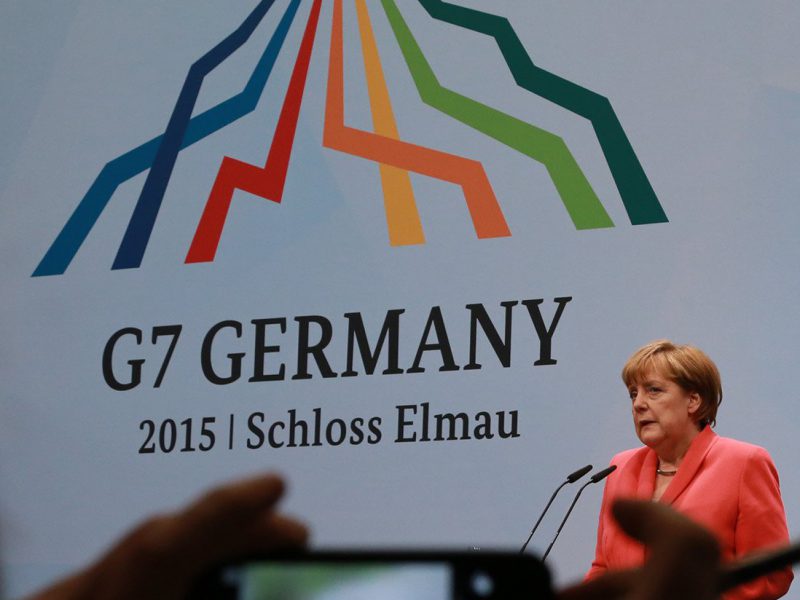G7 leaders make headway in Germany
On the 7 and 8 of June, leaders of the world’s seven leading advanced economies met in Schloss Elmau, Germany for their annual summit. These meetings are aimed at tackling the most complex challenges of our times and showing that, in the face of adversity, this powerful group of 7 stand together. With the Alpine landscape providing a stunning backdrop for the talks, this year’s gathering was by no means short of noteworthy advances. The G7 is an important political and economic gathering which attempts to address a wide range of the world’s most pressing issues. The advance of ISIS in the Middle East and the crisis in Ukraine dominated this year’s agenda with the earthquake in Nepal, the global economy





